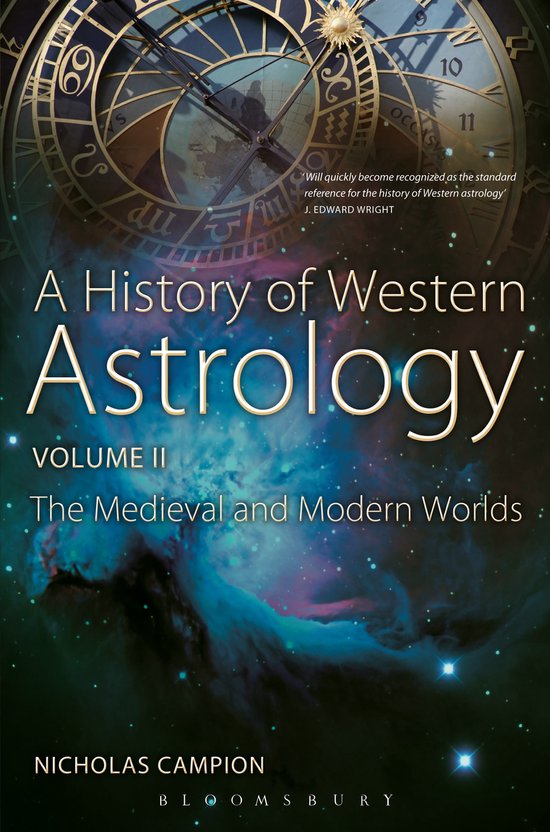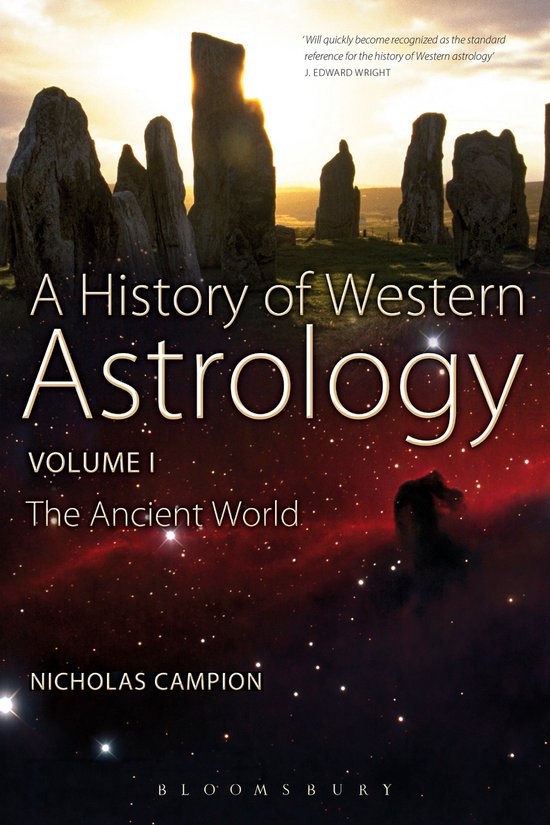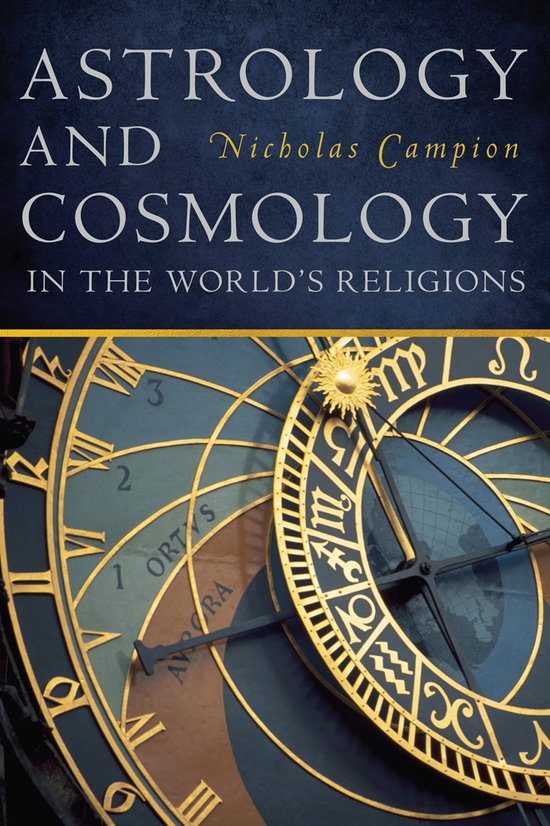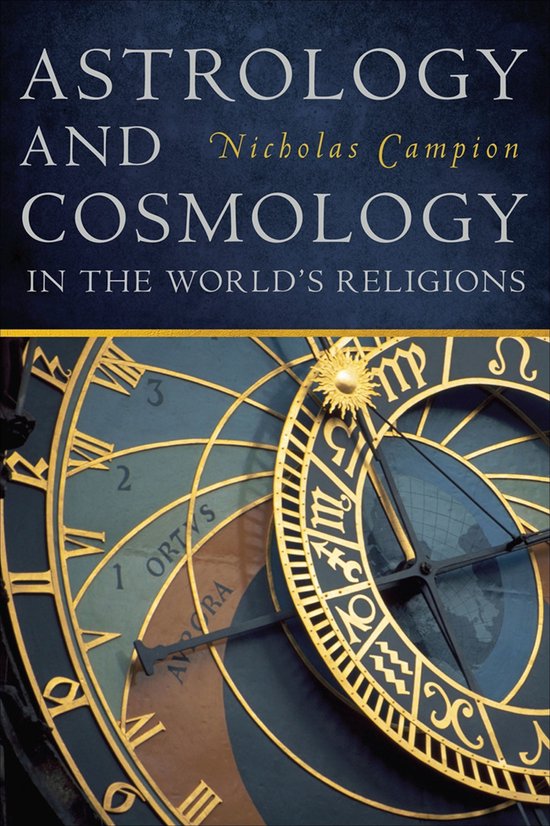
History Of Western Astrology Volume II
Medieval and Renaissance Europe marked the high water mark for astrology. This book examines the foundation of modern astrology in the medieval and Renaissance worlds. It challenges the historical convention that astrology flourished only between the twelfth and seventeenth centuries.
Following on from "The History of Western Astrology Volume I", Nicholas Campion examines the foundation of modern astrology in the medieval and Renaissance worlds. Medieval and Renaissance Europe marked the high water mark for astrology. It was a subject of high theological speculation, was used to advise kings and popes, and to arrange any activity from the beginning of battles to the most auspicious time to have one's hair cut. Nicholas Campion examines the foundation of modern astrology in the medieval and Renaissance worlds. Spanning the period between the collapse of classical astrology in the fifth century and the rise of popular astrology on the web in the twentieth, Campion challenges the historical convention that astrology flourished only between the twelfth and seventeenth centuries. Concluding with a discussion of astrology's popularity and appeal in the twenty-first century, Campion asks whether it should be seen as an integral part of modernity or as an element of the post-modern world.
Following on from "The History of Western Astrology Volume I", Nicholas Campion examines the foundation of modern astrology in the medieval and Renaissance worlds. Medieval and Renaissance Europe marked the high water mark for astrology. It was a subject of high theological speculation, was used to advise kings and popes, and to arrange any activity from the beginning of battles to the most auspicious time to have one's hair cut. Nicholas Campion examines the foundation of modern astrology in the medieval and Renaissance worlds. Spanning the period between the collapse of classical astrology in the fifth century and the rise of popular astrology on the web in the twentieth, Campion challenges the historical convention that astrology flourished only between the twelfth and seventeenth centuries. Concluding with a discussion of astrology's popularity and appeal in the twenty-first century, Campion asks whether it should be seen as an integral part of modernity or as an element of the post-modern world.
| Auteur | | Nicholas Campion |
| Taal | | Engels |
| Type | | Paperback |
| Categorie | | Religie, Spiritualiteit & Filosofie |



